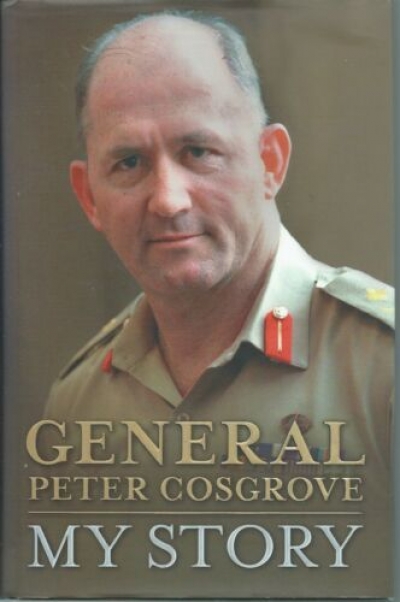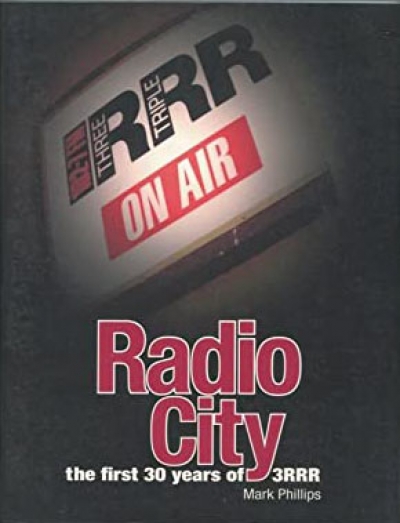Archive
General Peter Cosgrove by Peter Cosgrove & Cosgrove by Patrick Lindsay
by Brian Matthews •
I put away my eyes for the night.
I forget dreams,
perhaps I don’t have them any more,
not close at hand.
I’m not book-sick from the gloomy others.
I haven’t read a word in years.
In me, drink-nettles – I’ve a glass with the same stings,
and ice which comes out as clear sweat on
this side of my skin,
the right-way-up for drying.
‘Welcome to the Netherlands!’ the sign says in Dutch and English. The Schipol customs official inspects my Australian passport. ‘Nederlands geboren,’ he sniffs. ‘Zo je komt terug.’ So you’ve come back, he adds, in a tone suggesting that I might have left something behind minutes ago, rather ...
... (read more)‘I wonder this wall can bear the weight of such words’
Graffiti on a wall in Pompeii







